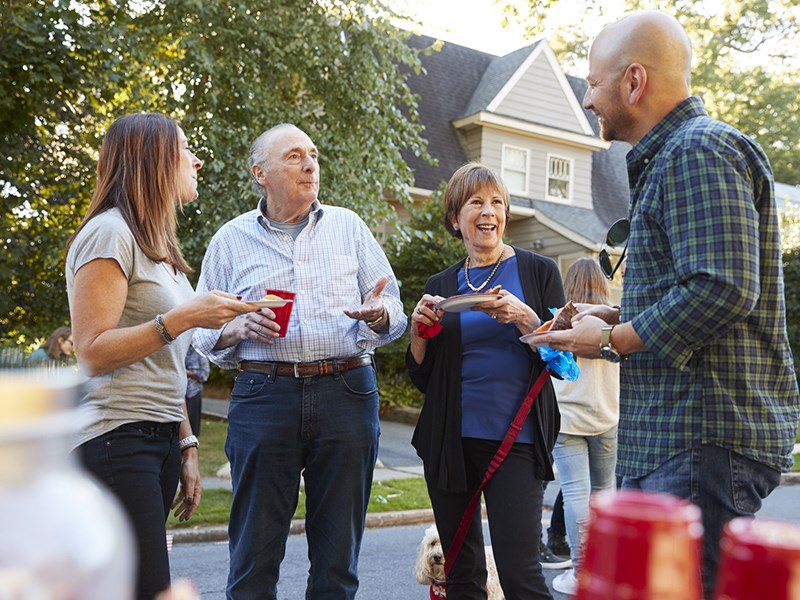Should the summer be a politics-free zone?
I come from Saskatchewan, where politics dominated conversations over the long winter months. But everyone accepted that, starting with Canada Day, people took a break from political debates and activists, like me, agreed to a time out.
Any effort to break the convention was met with rejection if not outright disapproval. At the end of the summer it wasn’t just back to school, it was back to politics.
That was when politics seemed less partisan. But it’s always tempting to look back and imagine the good old days. As some wag once said, “Things aren’t as good as they used to be, and they never were.”
Our brains are pretty good at allowing us to forget the worst stuff in our memories. Yet if we work at it we can recall lots of conflicts and stresses from the past.
Even so, the world today does seem scarier, more insecure, unpredictable and threatening than in the recent past. The number of people I engage in just casual conversation who are avoiding listening to or watching the news seems at an all-time high, with many recognizing that rationing the amount of news they take in is a way of protecting themselves from feelings of despair. With climate change, growing inequality and refugees, added to their own insecurities, it’s hard for people to cope.
The difficulty is we are supposed to feel compassion for others facing situations much worse than our own. It is our nature to feel for the hundreds of thousands of Rohingya refugees forced from their homes in Myanmar, for Palestinians shot in the thousands by Israel snipers just for demonstrating for their rights, for Syrian families trying to escape both ISIL atrocities and the bombing aimed at crushing them.
The most frightening threat is in the form of United States president Donald Trump. It’s still difficult to believe the most powerful man in the world is so overtly cruel, racist, misogynist, and characterized by a vengeful tribalism. His policies in the US have some predicting widespread civil unrest. He has the whole world, including Canada, holding its breath waiting for his next outrage.
While we obviously need to be informed about the world, we also need to protect ourselves against the relentless psychological hits from the daily news. We can’t stop Trump and we don’t have to immerse ourselves in the media’s obsession with every move he makes.
What makes it worse is the fact that the last 30 years have seen the gradual erosion of community and protection it gives us. We are increasingly isolated from each other. Not only are we subject to countless demoralizing news stories, we consume them alone. That lends itself to the belief that all that is good in humanity has truly disappeared.
But living in Powell River we know that isn’t true. While people tell me community has suffered here, too, it is still alive and with great potential.
How do we build that potential? The city has a program that could make a real difference. Called Resilient Streets, it provides seed money for block parties and other efforts at community building. There is up to $250 and other assistance available.
Turn off the television. Get to know your neighbours. The world will not only look better, it will be better.
Murray Dobbin is a Powell River freelance writer and social commentator.



